"If at first you don't succeed, try, try again. Then quit. There's no point in being a damn fool about it." Here at PC Gamer we have very much taken W.C. Fields' advice to heart. With ever-expanding Steam libraries and another sale always on the horizon, it's never been easier to walk away from a game in search of new thrills. But limitless choice doesn't entirely explain why our writers chose to give up on some of the most critically acclaimed games on the PC.
Here, they try to pinpoint the exact moment they knew it was over.
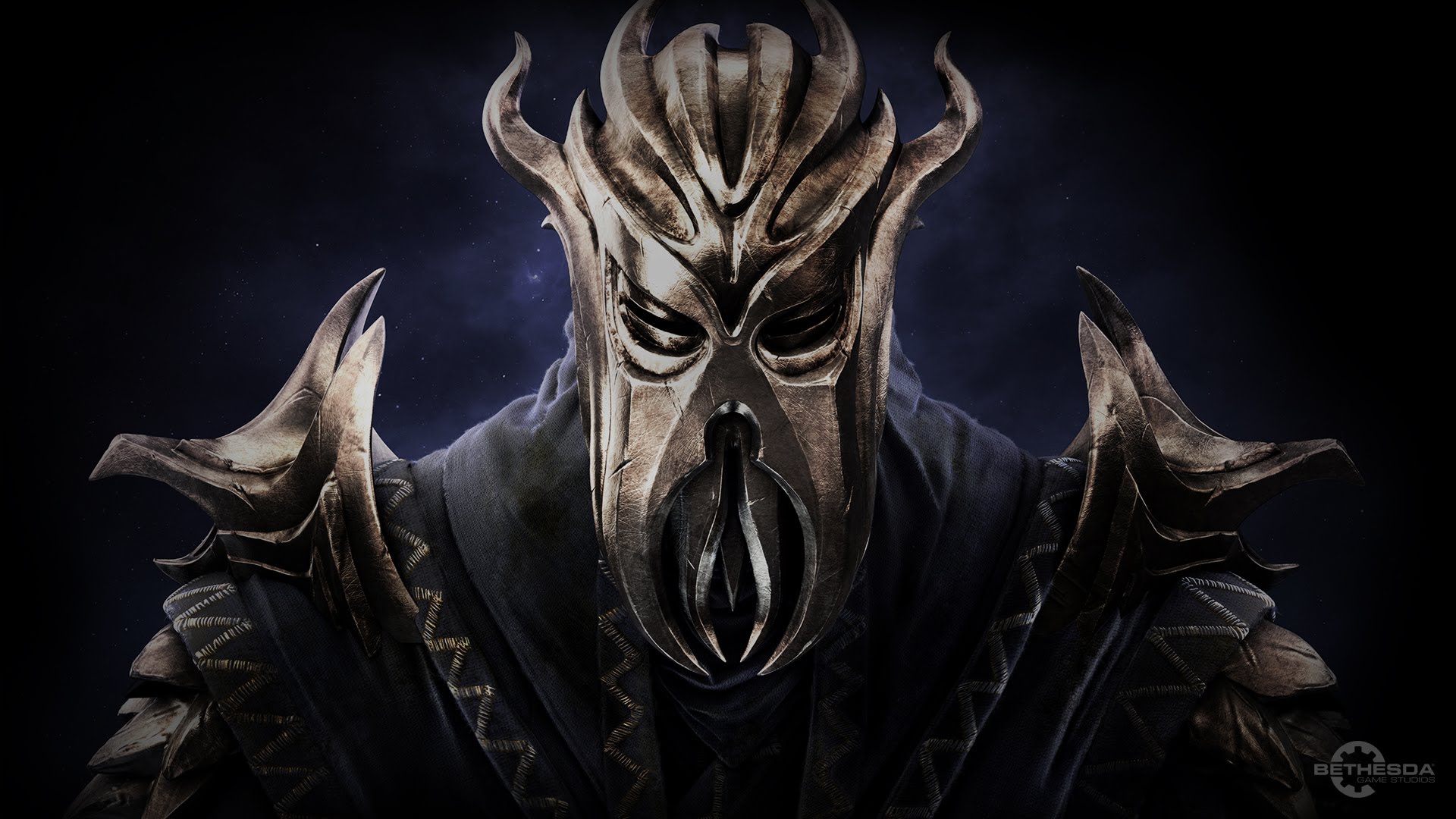
The Elder Scrolls 5: Skyrim
Shaun Prescott: I've tried to finish Skyrim three times. Each time I start enthusiastically, deliberating over my build, sightseeing Riverwood, eager to stop and read the in-game books. Then, as the hours roll on, I get impatient: I get sick of swiping rudely and blindly at dragons, and I get even sicker of the damn stupid ugly idiot horse(s) you have to ride around. I use fast travel at every given opportunity, and I spam through dialogue while browsing Twitter on my phone.
The thing is, I don’t think Skyrim is a bad game: it's stigmatised by circumstances. Back when it released in 2011, it was meant to be the RPG of the year. Except Dark Souls released a month beforehand and, having played that game religiously, finally getting hold of Skyrim felt like a huge anti-climax. I bounced right off this game, and every time I try again I encounter the same hurdles: snow is boring, ye olde fantasy dialogue is boring, the combat sucks and you can’t ride dragons. If this game had released at any other time I might have loved it (I love all of the Fallout games) but Skyrim just reminds me of that peculiar emptiness one feels after finishing Dark Souls. So basically: as soon as the combat starts requiring a bit more than a good ol' spam of the sword, I give up on this game.
Nier: Automata
James Davenport: I really admire Nier: Automata's dedication to telling such a cyclical, sad story. I do not admire the combat, especially some of the boss battles. During what I hear is the final circuit through the game, you take control of an extremely badass new character. They're an empowering fighter with stylish, swift combos that’d make a an EVO champ cry. And after two routes through the campaign, something like 20 hours in, taking control of what appears to be Nier’s take on god mode during a surreal sprint to the finish feels well deserved.
But then you have to fight a big-ass worm robot in the desert. It's an indistinct necklace of massive spheres and lasers that isn’t particularly difficult, but the sucker has so much damn health that a simple mistake here and there is enough to take you out. The fight is boring, drags on too long, and killed me just enough times to drain my momentum. I stopped playing and haven’t looked back. A few more tries and I know I would've made it, but in my eyes, Nier’s strength and my interest is in its storytelling, not in its weak Bayonetta impression.
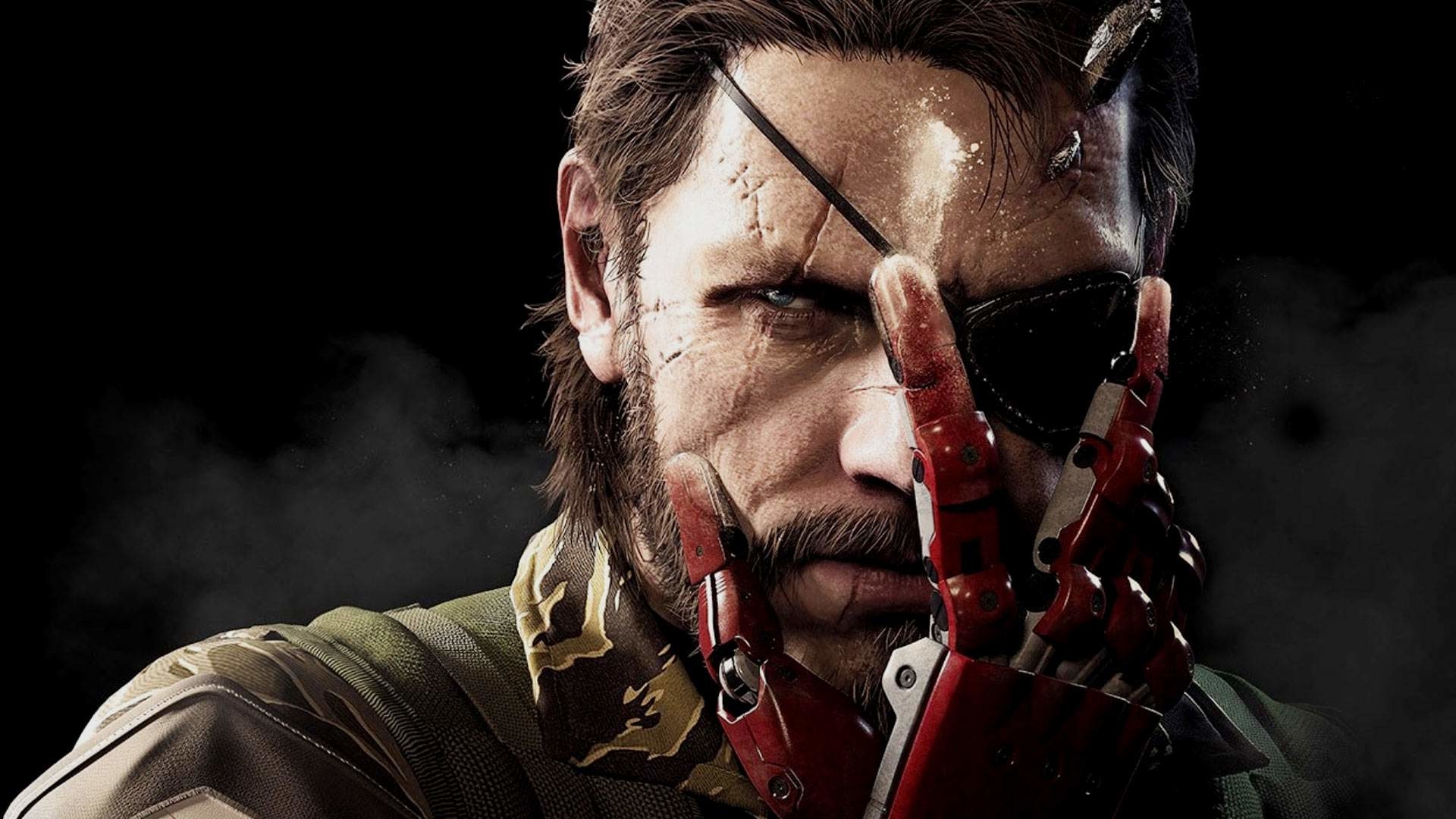
Metal Gear Solid 5: The Phantom Pain
Tim Clark: For context, I've loved all things MGS since Sons of Liberty and my days on a PlayStation 2 magazine. I haven't got the patience or brainpower to absorb the deep lore (read Dan Dawkins for that), but with each new entry I was happy to strap myself to Hideo Kojima's surreal rocket and enjoy the ride. Snake Eater will always be my favourite—especially the sniper duel vs The End—but The Phantom Pain runs it a close second. Thanks to the blend of actual open world gameplay, some neat base management stuff, and a typically barmy plot that mixed contemporary politics with more outlandish stuff like parasites that attack based on language, MGS V was a fitting swan song for Kojima's esoteric stealth series.
Keep up to date with the most important stories and the best deals, as picked by the PC Gamer team.
And yet I didn't bother finishing it. Instead, I did what I've done to a number of big games, which is peaced out as soon as I realised we were gearing up for the final boss. This urge to stop tends to come when I've over-levelled myself and know that there's no more stuff to collect, and only big health bars and longer cut scenes remain ahead of me. The Witcher 3 was an exception, and I think that's because I felt uncertain about how it would close out the relationship between Geralt and Ciri. But in other big games, as soon as the character progression ends (and here I mean unlocking new perks and equipment, rather than anything fancy like an actual narrative arc) so does my interest. Even with my beloved XCOM 2, I finished the campaign out of a sense of obligation to the troops, but really once I'd researched and built everything and had the whole squad at max rank I considered my work done.
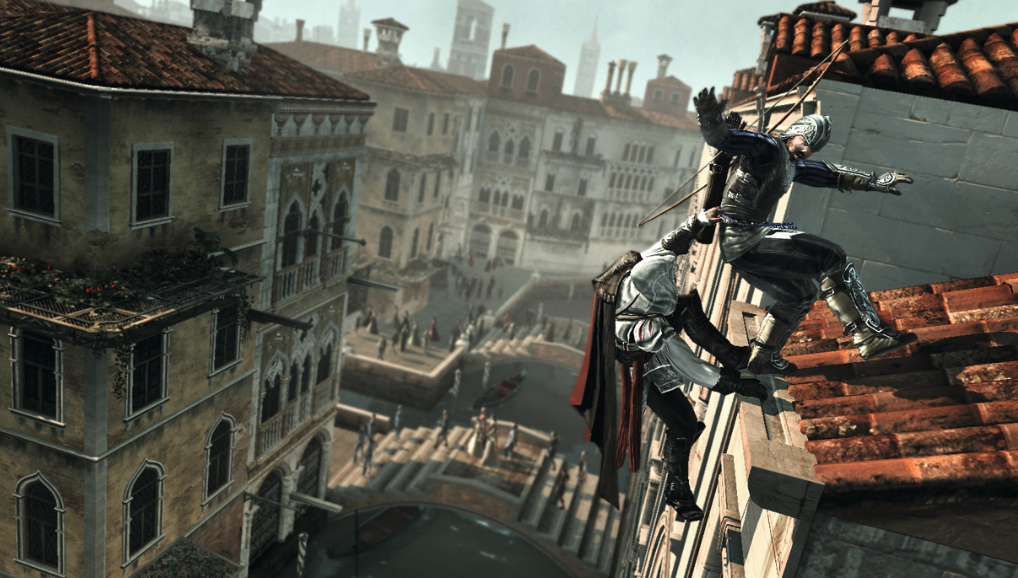
Assassin's Creed 2
Jody Macgregor: By the time I decided to give the AssCreed series a shot the second one was already out, but I dutifully went back and played the first. The recycled activities wore me out, and to be honest I gave up on that one too. Everybody told me the second was better, and that I should have skipped straight to it. They were right, because Assassin's Creed 2 has a lot more variety. But it achieves that by—alongside its new additions—reusing activities from the first game I was already sick of. The same citizen-saving and viewpoint-climbing and etc.
I was on the wrong foot from the start. The jarring shifts in tone, from jolly lighthearted adventure to gritty revenge drama, put me off even more. And then, the final straw came. I was escorting Ezio's mother and sister away from Florence, where our father had just been executed alongside my brothers, when we met another family member on the road.
It was Uncle Mario. "Don't you remember me?" he said. "It's-a me. Mario!"
I quit out of Assassin's Creed 2 and haven't played it since.
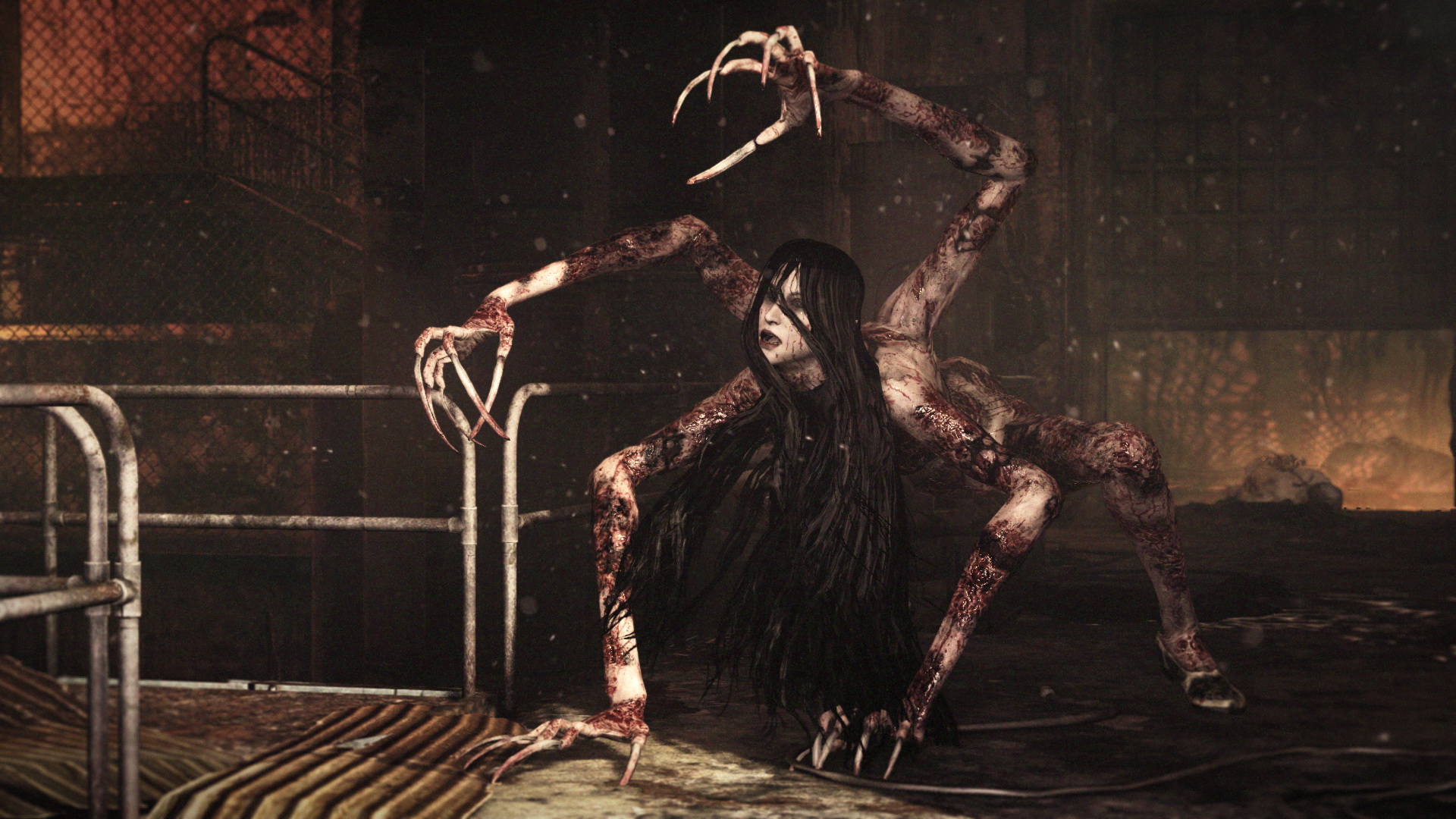
The Evil Within
Samuel Roberts: How is it possible that I've finished Resident Evil 4 seven times but can't even get through one bloody playthrough of The Evil Within? I know I'd probably enjoy it if I pushed on, but after completing three chapters I was chased by a large man around a village then gave up forever. I knew I was down for the long haul in Resi 4 after reaching the village, but nothing about the characters, worlds or scares really interested me in The Evil Within—with the exception of the save room area, which was nice and unsettling.
Again, The Evil Within is far from a bad game, and Joe Donnelly hit the same point and gave up. He later returned, though, and said he didn't regret doing so. I just felt like I'd played that game before, in a universe I felt more engaged by. It seems outrageous that I've got an entirely unplayed Shinji Mikami game sat in my Steam library.
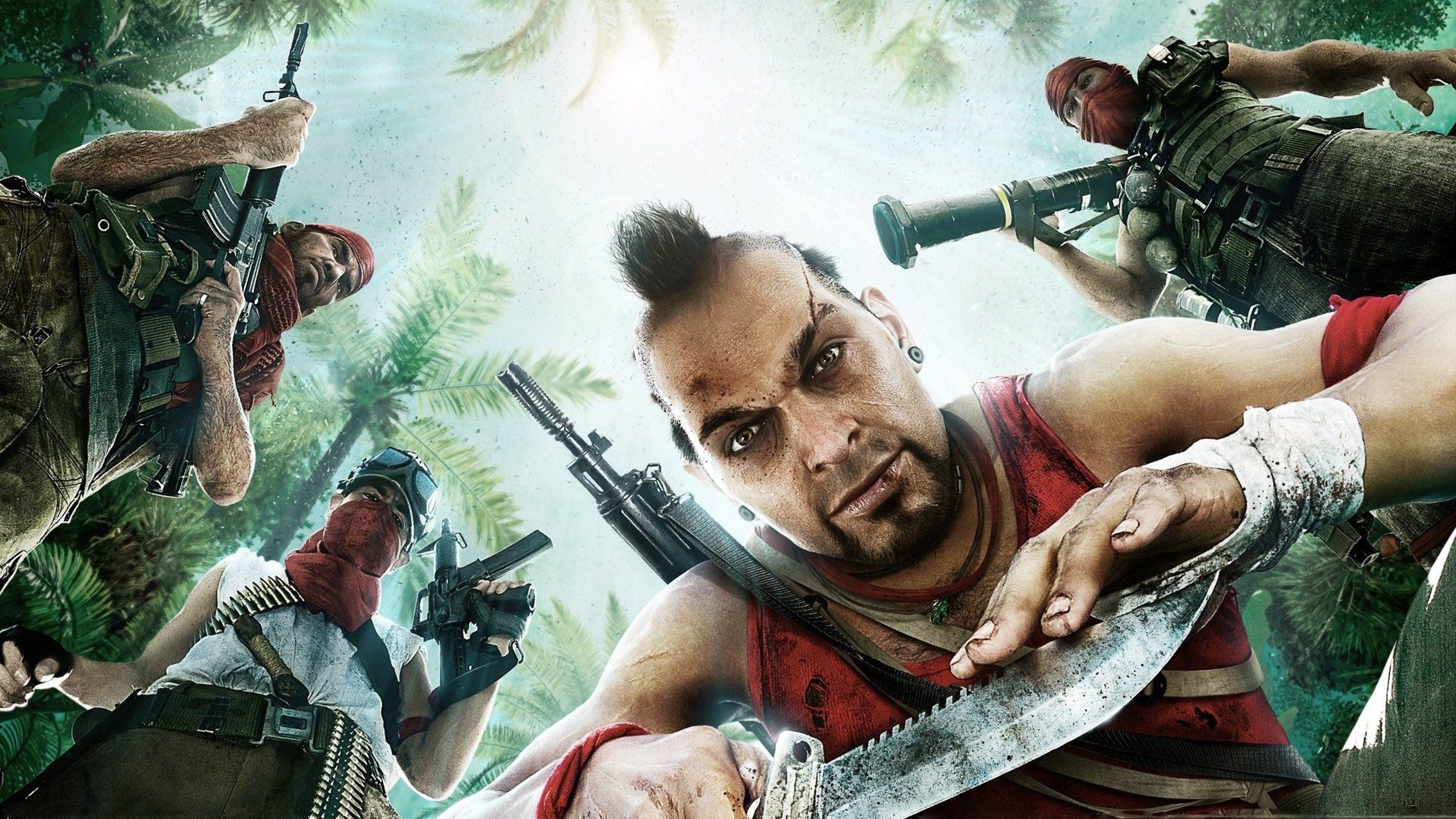
Far Cry 3
Wes Fenlon: I love the idea of Far Cry 3. Gorgeous tropical setting. Freedom to explore, as loud or as stealthy as I want, from land to sea to air and back again. But my most earnest attempt to play it completely stalled out almost as soon as I finished the opening tutorial mission. There I was, getting my first taste of freedom, ready to go shoot up some outposts or hunt some animals… and then I looked at the minimap. It was inundated with markers, signalling points of interest all around me. I started picking up plants and materials and looking at all those choices, and that volume of stuff just sucked the joy right out of it for me. Why do I care? What's the point, anyway? Life's too short.
Maybe someday I'll give Far Cry 4 a shot. I'll just have to remember to turn off most of the minimap icons first.
Share the biggest games you've quit on (and why) with us in the comments below.
The collective PC Gamer editorial team worked together to write this article. PC Gamer is the global authority on PC games—starting in 1993 with the magazine, and then in 2010 with this website you're currently reading. We have writers across the US, UK and Australia, who you can read about here.


